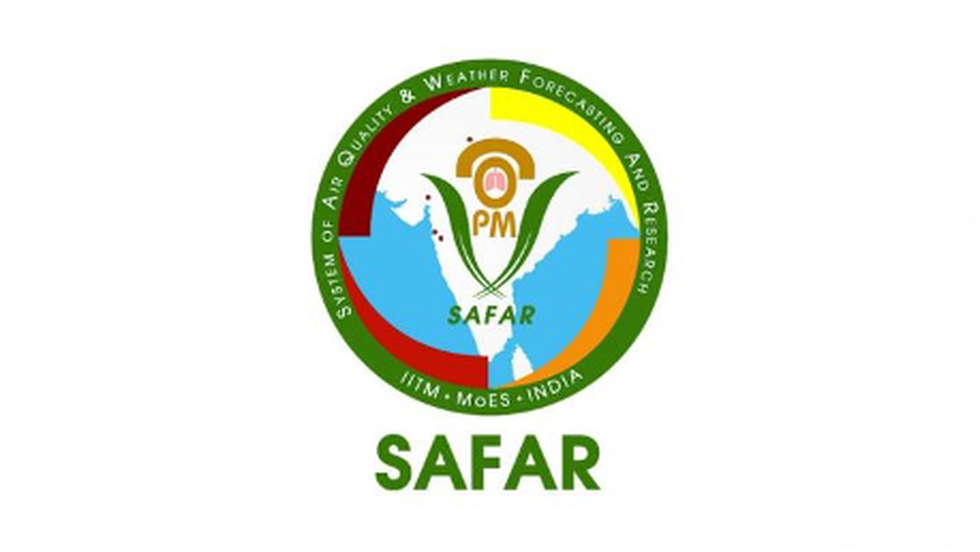About SAFAR system:
- It stands for System of Air Quality Forecasting and Research.
- SAFAR is an air quality monitoring system. It was introduced by the Ministry of Earth Sciences (MoES) to provide location specific information on air quality in near real time and its forecast upto 3 days in India.
- It is developed by Indian Institute of Tropical Meteorology (IITM), Pune, along with India Meteorological Department (IMD) and National Centre for Medium Range Weather Forecasting (NCMRWF).
- Objective: To increase awareness among the general public regarding the air quality changes in their city well in advance so that appropriate mitigation measures and systematic action can be taken up for betterment of air quality and related health issues.
- The World Meteorological Organization has recognised SAFAR as a prototype activity on the basis of the high quality control and standards maintained in its implementation.
How is the Air Quality Index (AQI) calculated in India?
- AQI is calculated based on the average concentration of a particular pollutant measured over a standard time interval (24 hours for most pollutants, 8 hours for carbon monoxide and ozone).
- Eight individual pollutants are monitored for the calculation of AQI in India. These are PM10, PM2.5, nitrogen dioxide, sulphur dioxide, carbon monoxide, ground-level ozone, ammonia, and lead.
- To calculate AQI, data for a minimum of three pollutants must be present, of which one should be either PM10 or PM2.5.
